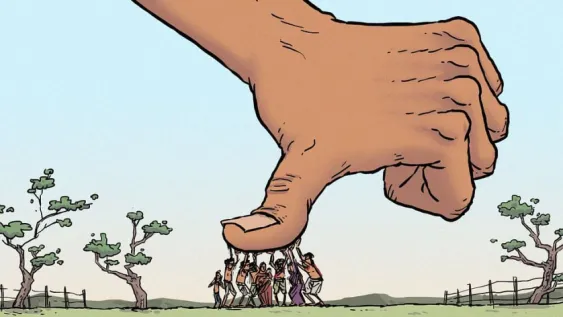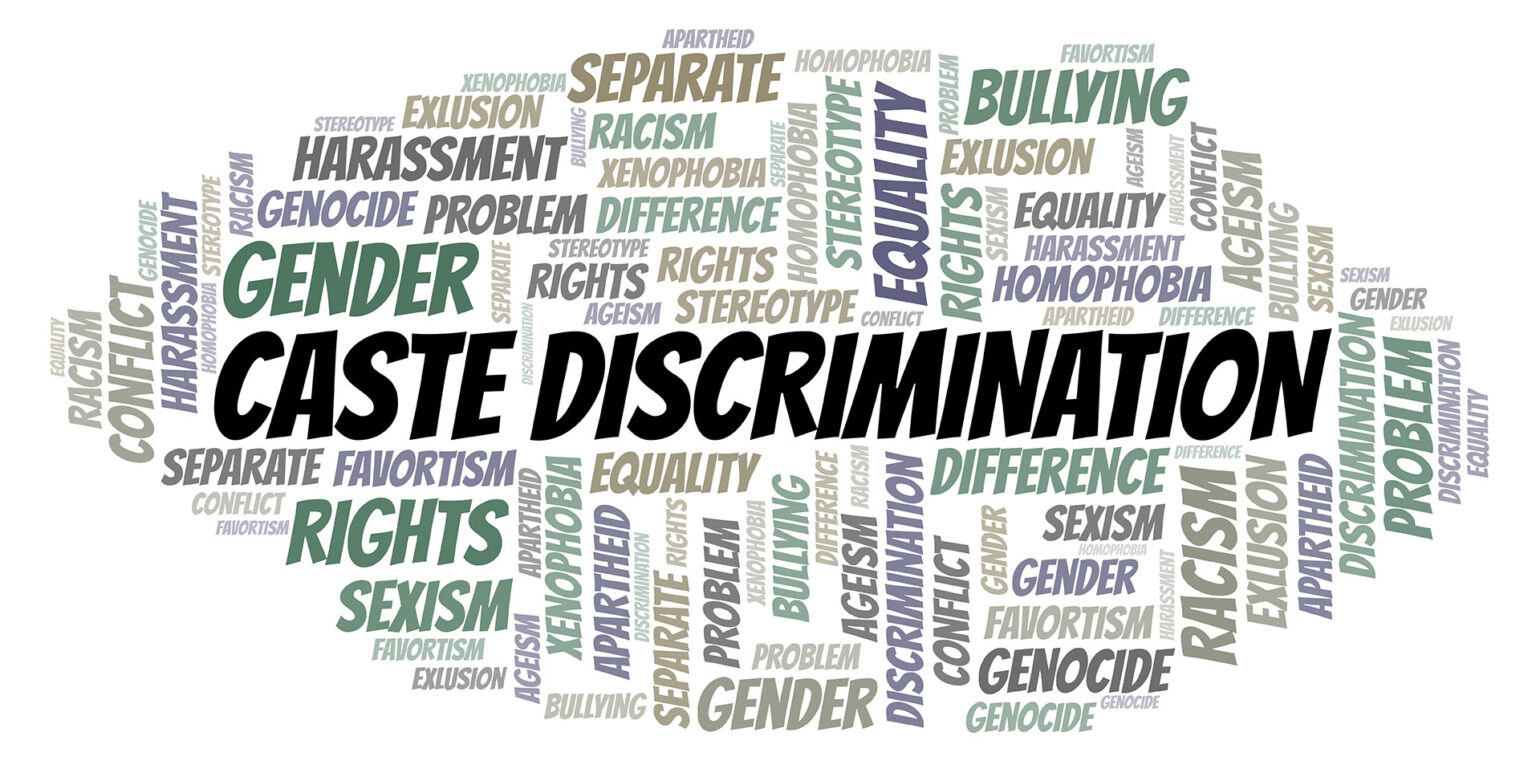The issue of casteism has been a loophole for our country for a long time and it is quite evident in almost all of the sectors of our country, not only in the private sector but also in our government as well.

Image source: google images
The caste system, or casteism, in India, can be seen in almost every aspect of our lives, be it social, political, or cultural. Discrimination or biased actions can be witnessed every day in our day-to-day lives. All we need to do is be a little bit more observant while using public transport or visiting any Indian village, filling out the school admission form, standing in a queue for scholarships in college, looking for our names in the top entrance exam out of the reservation, or seeing the political leaders howling about the caste system or Casteism on news channels in the prime time slot.
As we all know, after post-independence, the political system in our country is responsible for all of the casteism, fundamental duties, and fundamental rights of our country, so it is considered the responsibility of the political leaders to cool down the burning issues of the country and moralize the concept of disintegration or casteism in a democratic country like India. But we can see in the current scenario that the political case is different.
Thoughts on Casteism
I would like to support my statement with a few examples related to casteism. If we talk about one of the most national political parties, the Indian National Congress is based on a political system that is based on hierarchy. The Indian National Congress was formed. Jawaharlal Nehru was the main leader, and after that, many political leaders, such as Indira Gandhi and Rajiv Gandhi, came to handle the country. The Indian National Congress is now run by Rahul Gandhi and Maneka Gandhi.
The whole Indian National Congress has many options in categorizing ministers their internal democracy is all about giving powers to the own family members when it comes to a higher authority, it is the clearest example that the political system is not democratic at all because ministers don’t receive the same amount of opportunities Island election for a higher position.
If I talk about the inequality in our Indian political system then the loophole is reflected in the vote bank for the voting system to be very clear in the elections. Most of our national original political parties believe to gain a maximum number of votes is based on caste in the region that they are fighting for.

I would like to felicitate my statement with a recent example, In the Lok Sabha elections of 2019, the BJP gave the ticket to Tu Kesari Devi Patel instead of Rekha Singh against Nagendra Singh Patel from the Samajwadi Party for the region of Phulpur in Prayagraj, Uttar Pradesh. When the real matter was inculcated it is to be known as Phulpur, which has a majority of the Patel community. That’s why the political party decided to give the ticket to Kesari Devi Patel, who belongs to the same community, rather than giving the ticket to Rekha Singh who belongs to a different community the main agenda of the political party was to put a strong opponent in front of the candidate of Samajwadi Party in the Phool Pur region.
Due to a loophole in the Indian political system, reservation that was initiated or executed for the benefit of the lower caste is now executed for the benefit of a certain political party that is in power. Banks are manipulated based on caste, and people from the lower caste are influenced or brainwashed in the name of fake promises.
The major or ideal role of an Indian political party is to create equal opportunities in their political system and society but over the years we have seen 10 major political parties exploiting the powers and the rights of the common man and for their benefit for getting a maximum number of votes by highlighting the need of caste and racial identity.












